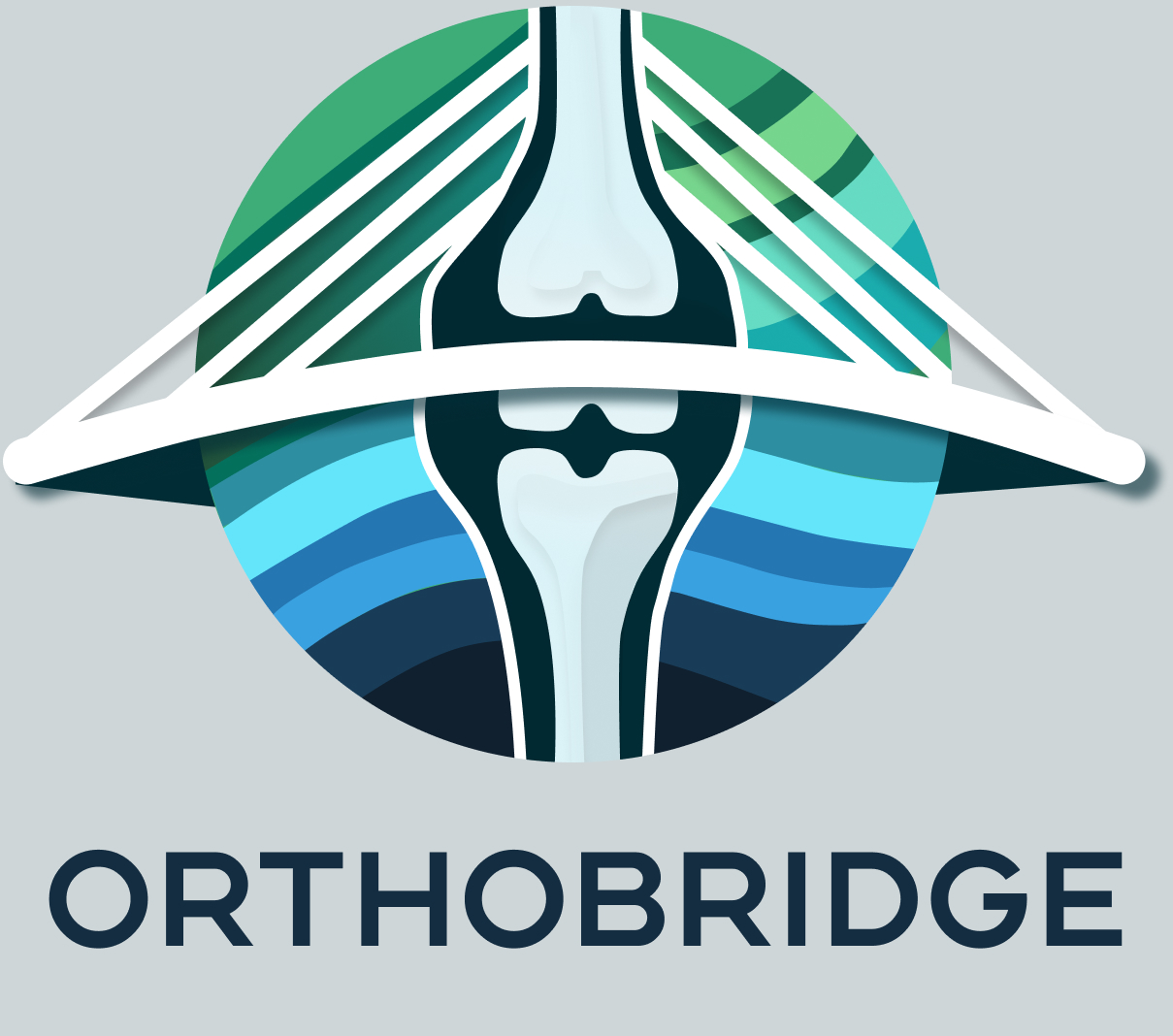Shoulder Impingement Syndrome
Learn more about some common shoulder causes of Shoulder impingement syndrome we treat at Orthobridge Orthopedic Centre.
Shoulder Impingement Syndrome Treatment in Kenya
Shoulder impingement syndrome is a common cause of shoulder pain. It occurs when there is impingement of tendons or bursa in the shoulder from bones of the shoulder. Overhead activity of the shoulder, especially repeated activity, is a risk factor for shoulder impingement syndrome. Examples include: painting, lifting, swimming, tennis, and other overhead sports. Other risk factors include bone and joint abnormalities.

Symptoms
Symptoms of shoulder impingement syndrome include:
1. Pain when your arms are extended above your head.
2. Pain when lifting your arm, lowering your arm from a raised position, or when reaching.
3. Pain and tenderness in the front of your shoulder.
4. Pain that moves from the front of your shoulder to the side of your arm.
5. Pain when lying on the affected side.
6. Pain or achiness at night, which affects your ability to sleep.
7. Pain when reaching behind your back, like reaching into a back pocket or zipping up a zipper.
8. Shoulder and/or arm weakness and stiffness.

Causes
Many cases of shoulder impingement are caused by overuse. Repeated use of the shoulder can make the tendons in your shoulder swell, leading them to “catch” on your upper shoulder bone. In other cases, there’s no known cause.

Treatment
There are many types of treatment available for shoulder impingement, depending on how severe your case is.
1. Homecare
Rest is very important when it comes to treating shoulder impingement. Avoid strenuous exercise or any movements that make the pain worse. This is especially important if you’re an athlete
While it’s best to not move your shoulder too much, avoid using a sling to immobilize your arm completely. This can lead to more weakness and stiffness in your shoulder.
Try placing an ice pack on your shoulder for 10 to 15 minutes at a time, a few times a day, to reduce pain and any swelling you might have.
2. Physical therapy
Shoulder impingement usually responds well to physical therapy, which uses gentle exercises to rebuild strength and range of motion. Your doctor can refer you to a physical therapist who specializes in shoulder injuries.
Your physical therapy sessions will likely focus on the muscles in your shoulder, arm, and chest, which can help to improve the function of your rotator cuff. If you’re an athlete or work in a field that requires frequent use of your shoulder, your physical therapist can teach you proper techniques to reduce your chance of recurrence.
They may also give you some exercises that you can do at home, which may help you recover faster. Just make sure you don’t overdo it.
4. Medication
Taking nonsteroidal anti-inflammatory drugs, such as ibuprofen (Advil, Motrin), can help reduce swelling and shoulder pain. If these medications, along with ice and rest, don’t reduce your pain, your doctor might prescribe steroid injections to reduce swelling and pain.
5. Surgery
If other treatments don’t seem to work, you may need surgery to widen the space around your rotator cuff. This allows it to move freely without catching or rubbing on your bone. This can usually be done with minimally invasive arthroscopic surgery, though more severe cases may need traditional open surgery.
Hear from some of our patients
Out of country patients
Because of Col (Dr) Adari’s extensive training and experience in elbow arthroscopy, patients travel from all areas of the world for their elbow arthroscopy in Kenya.
If you are an out of the country patient, feel free to let us know so we can accommodate an appropriate time for your consultation with Col (Dr) Adari.
Col (Dr) Adari is known as a top-rated orthopedic & trauma surgeon for elbow arthroscopy in Nairobi, Kenya, and across East Africa, Central Africa, and West Africa.
If you are work – traveling expatriate on diplomatic missions, feel free to contact us so we can accommodate an appropriate time best suited to you for your consultation with Col (Dr) Adari.
Contact us today to reserve your consultation, we are more than happy to assist you with any queries you may have prior to seeing the doctor.








